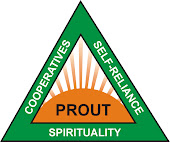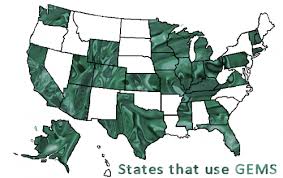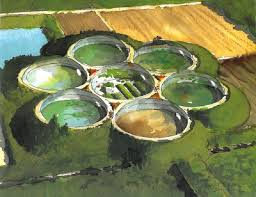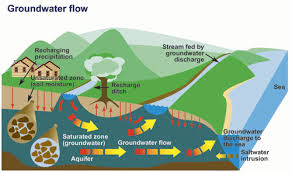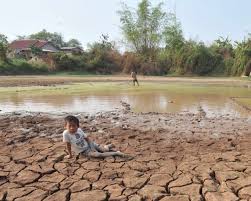by P R Sarkar
Founder of PROUT
What is “progress”? There are two parts: one is “pro”, another is “gress”. “Pro” is the prefix, “gress” is the root verb. In the physical stratum, what happens? In each and every phase of movement there is a tendency to maintain the status quo. In each and every phase of our lives, when something new comes, when a novel idea comes, most of the people in the first phase will try to retain the status quo. They will say “No, no, no. What our foreparents did, and what is being followed even now, should be retained. There should not be any change.”
The psychic reason is that change is always risky; people want to avoid that risk; that’s why they want to retain the status quo.
When in a person or anything, any living object, even in the case of certain inanimate objects also, there is a tendency to retain the status quo, there cannot be any progress. In their lives, the age of the bullock cart still goes on. And that’s why in certain civilizations of the world, progress stopped. In certain civilizations, progress stopped when they couldn’t invent the wheel.
Those who want progress in the physical stratum, what are they to do? They are to change the status quo, they are to metamorphose the structure of the status quo and create another framework. In the second phase also, they will have to change the status quo, and as a result of metamorphosis create a third framework, a third structure; and the process goes on like this.
Hence we may say that in the physical stratum, progress means a never-ending process of metamorphosis. If there is any weakness in the mind of an individual or in the mind of a collective body, weakness for any particular status quo, weakness for any particular framework, then there cannot even be any relative progress in the physical stratum. So those who embrace progressive ideas must remember this fundamental fact – that if they are actually progressive, if they are not reactionary, then they should always be ready to change the status quo and create a newer one. If this process, this continuous process, of metamorphosis, goes on unbarred, then we may say that that person or those people are progressive, because they have understood the spirit of progress and they have developed the psychology of a never-ending fight against the status quo. Do you follow?
Then on the psychic level – humans move not only on the physical level, humans are even more mobile in the psychic stratum. And because of this dominating psychic stratum, humans are known as manusya [in Sanskrit]. Manusya means “the entity, the living body, where mind dominates and not the physical structure”. In mental progress also, there are tendencies to retain the status quo. And what is the status quo in the psychic stratum?
The status quo is so many irrational theories, so many irrational ideas, so many ritualistic weaknesses, and so many dogmas which are nothing but ideas having no legs to stand upon. These ritualistic weaknesses, or say, these irrational theories, they are also parts of “dogma”, they also come within the bigger field of “dogma”. So if one wants progress on the psychic level, one must be ready to change the structure of dogmas.
Suppose there is one dogma – just change its structure by psychic hammering, by logical hammering, by intellectual hammering. We should always be ready to hammer those old ideas which are dogmas in the proper spirit of the term, because they have no logical legs to stand upon. And in the realm of rationality, in the psychic realm, in the psychic sphere, if one idea comes, and if you see that that idea has no logical support, no scientific support, no support of rationality, just give up that idea, and be ready to welcome newer ideas, novel ideas. Don’t be guided by dogmas if you want any progress on the psychic level.

Although psychic progress is a relative progress, that progress has immense import for human society and humanity's future. If the future of humanity in all its layers, in all its strata, is to be assured, there must be psychic progress, and one must not discourage psychic progress. Psychic progress will help humanity in finding the true from the mist of so many years.
True progress is in the realm of spirituality. In spirituality the idea becomes one with the ideology, and the ideology coincides with the nuclear Consciousness. So in the realm of psychic progress the question of a continuous process of metamorphosis doesn’t arise, but in that case there is progress; and what is that progress? When you are one with Supreme Consciousness, when you are in love with Supreme Consciousness, when all your goals of life coincide with the Supreme Nave, then what progress is to be made?
Certainly there is room for further progress, and what is that thing? That thing is: go on loving the Supreme Consciousness, loving, still more loving, still more loving, till finally your idea, your “I” feeling, your everything, becomes one with Cosmic Consciousness. So, the true progress is in the realm of spirituality, but we must not forget that for all-round development of human society, physical progress, that is relative physical progress, and relative psychic progress, cannot be neglected, nor can they be ignored.
